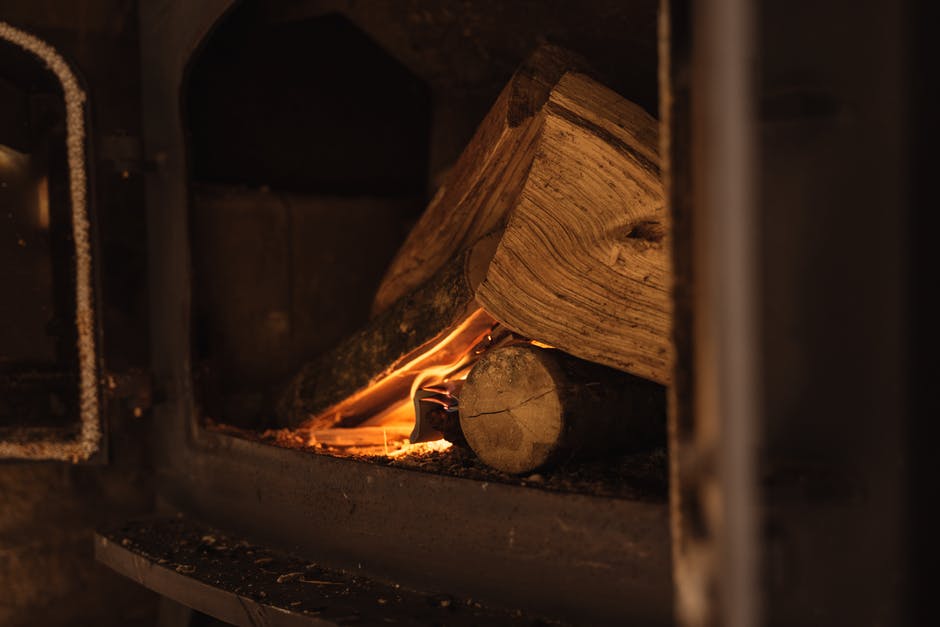How to Choose the Right Furnace for Your Home

Choosing the right furnace for your home is crucial for maintaining comfort and energy efficiency.
Here are some steps to help you make an informed decision:
- Determine the heating load of your home. This is the amount of heating required to maintain a comfortable temperature. Factors include the size of your home, insulation, windows, and climate. You may want to consult with a heating professional to perform a load calculation.
- Look for furnaces with high Annual Fuel Utilization Efficiency (AFUE) ratings. AFUE represents the percentage of fuel converted to heat. The higher the AFUE, the more efficient the furnace. Energy Star-rated furnaces are a good place to start.
- There are various types of furnaces, including gas, electric, oil, and propane. Consider the availability and cost of fuel in your area. Gas furnaces are common and often more cost-effective, but the choice depends on your specific circumstances.
- Select a furnace that is the right size for your home. A unit that's too small won't adequately heat your home, while one that's too large may cycle on and off frequently, leading to inefficiency and wear.
- Furnaces with variable-speed blower motors can adjust the speed based on heating needs. This not only improves energy efficiency but also enhances comfort by reducing temperature fluctuations.
- Consider pairing your furnace with a programmable thermostat. This allows you to set different temperatures for various times of the day, optimizing energy usage.
- Research furnace brands and choose one with a good reputation for reliability and customer satisfaction. Read reviews and ask for recommendations from friends, family, or heating professionals.
- Check the warranty offered by the manufacturer. A longer warranty period often indicates the manufacturer's confidence in the product's durability.
- Professional installation is crucial for optimal performance. Hire a licensed and experienced HVAC (Heating, Ventilation, and Air Conditioning) contractor to install your furnace. Improper installation can lead to efficiency problems and even safety hazards.
- Consider the upfront cost, as well as the long-term operating costs. While a more energy-efficient furnace may have a higher initial cost, it can save you money over time through reduced energy bills.
- Be aware of local building codes and regulations regarding furnace installation. Ensure that the chosen furnace complies with these standards.
- Consider the maintenance requirements of the furnace. Some models may have features that make maintenance easier, such as easily accessible filters.
1. Calculate Heating Load:
2. Energy Efficiency:
3. Heating System Types:
4. Size Matters:
5. Variable-Speed Blower Motors:
6. Programmable Thermostats:
7. Brand Reputation:
8. Warranty:
9. Installation:
10. Cost Considerations:
11. Local Codes and Regulations:
12. Maintenance Requirements:
HVAC Maintenance Nearby:
- Look for HVAC maintenance nearby that offer scheduled maintenance plans. Regular maintenance can prolong the life of your furnace and ensure it operates efficiently.
- Search for local HVAC professionals in Sheboygan who specialize in furnace maintenance. Local businesses often provide personalized service and quicker response times.
- Read customer reviews for HVAC maintenance services in Sheboygan. Feedback from others in your community can give you insights into the reliability and quality of service provided.
- Inquire whether the HVAC service provider offers emergency services. Knowing that you can get prompt assistance in case of a furnace breakdown is crucial for your comfort during the colder months.
- Ensure that the HVAC maintenance service is licensed and insured. This protects you in case of any unforeseen issues during the maintenance process.
1. Scheduled Maintenance Plans:
2. Local HVAC Professionals:
3. Customer Reviews:
4. Emergency Services:
5. Licensed and Insured:
Sheboygan Furnace Repair Service:
1. 24/7 Emergency Repairs:
2. Diagnostic Services:
3. Transparent Pricing:
4. Experience with Various Furnace Brands::
5. Warranty on Repairs:
6. Customer Service::
7. Preventive Tips:
Conclusion
By carefully considering these factors, you can choose a furnace that meets your heating needs efficiently and reliably. If you have any doubts or specific questions, it's always a good idea to consult with a professional HVAC contractor.